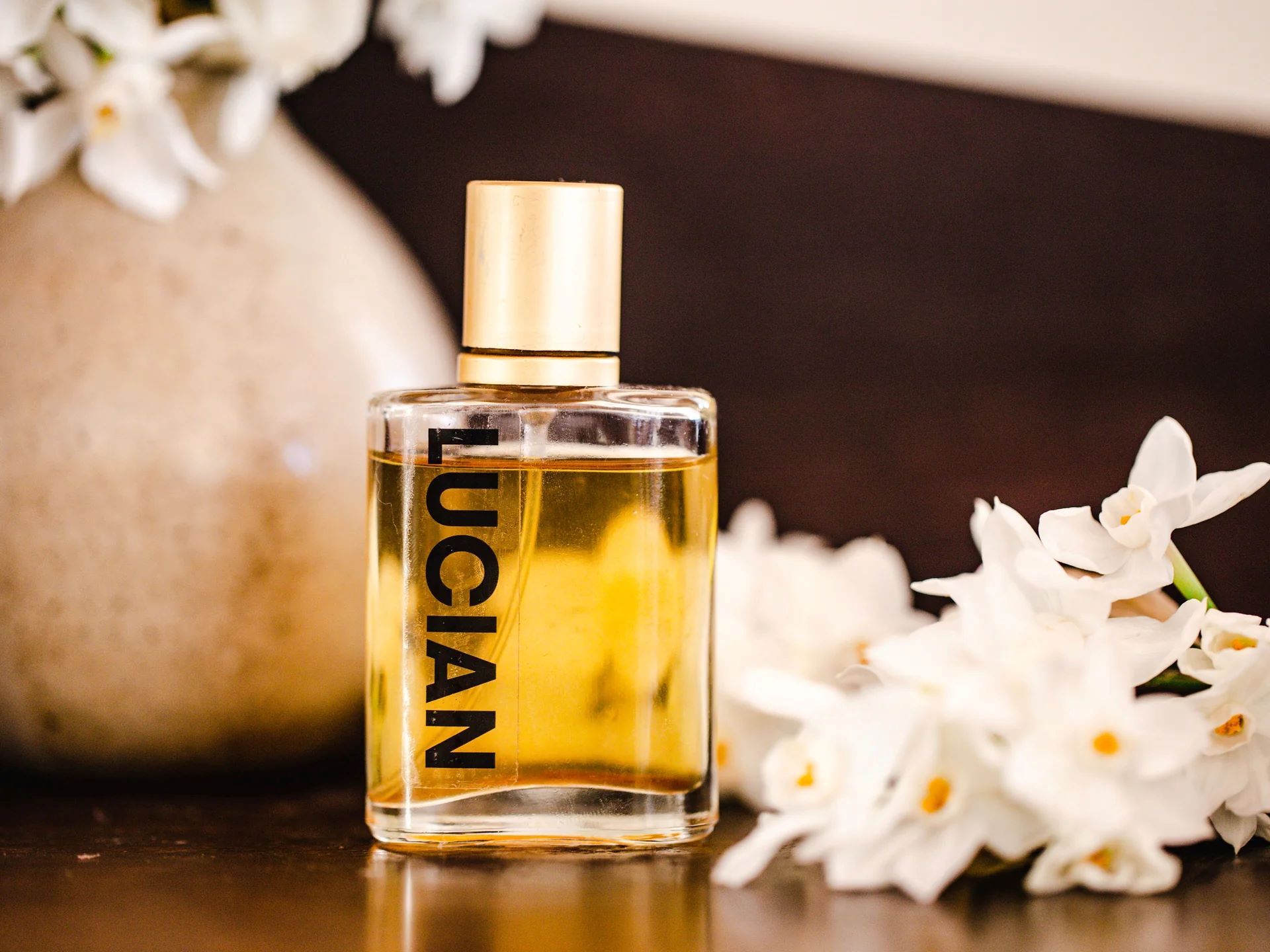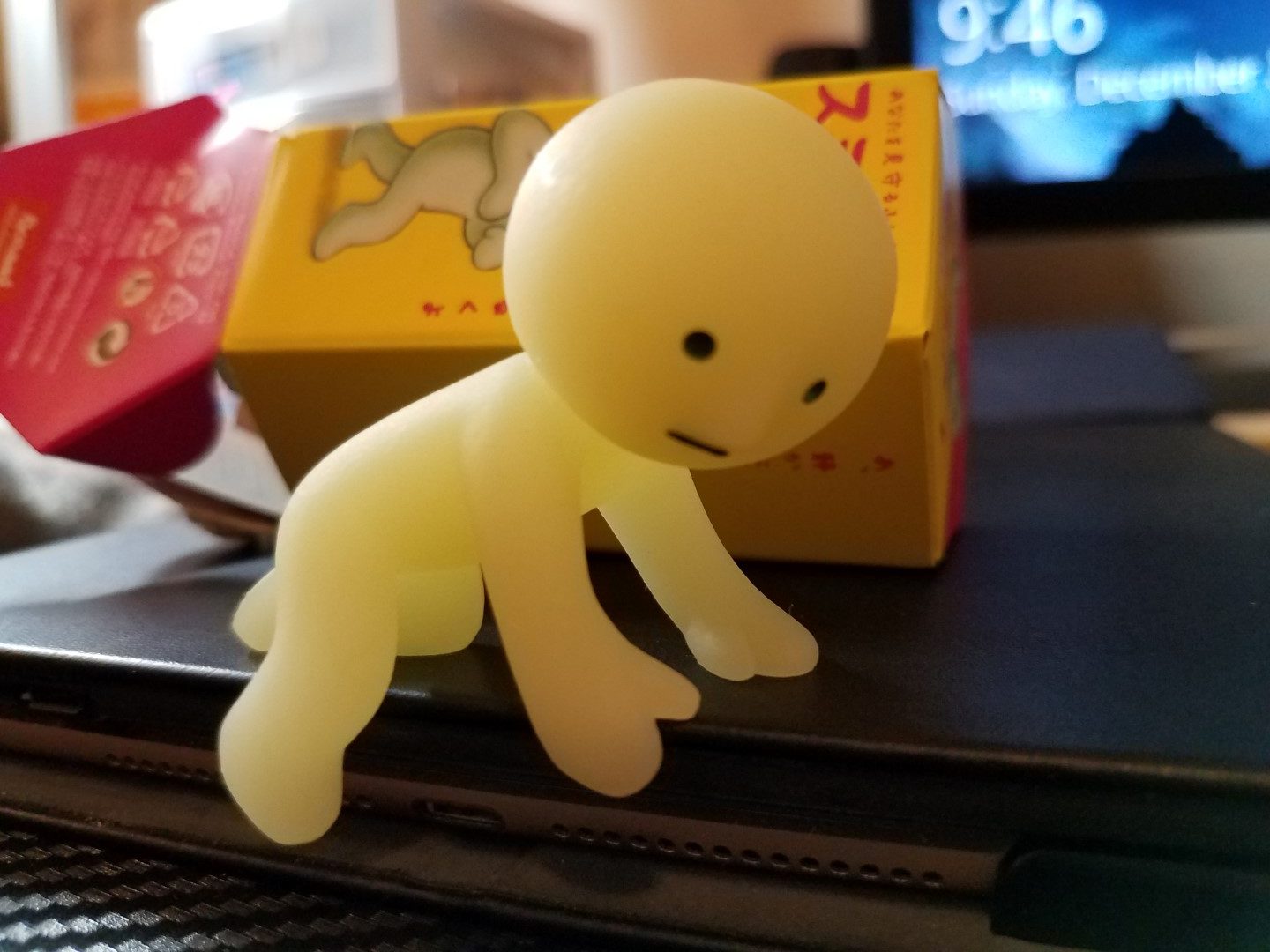
Perfume is a mysterious and alluring product that has been captivating our senses for centuries. From its origin in ancient civilizations to the modern-day multi-billion-dollar industry, perfume has played a significant role in human culture and personal expression. But beyond its enticing aroma, there are numerous fascinating facts about perfume that might surprise you. In this article, we will uncover 11 intriguing facts about perfume that delve into its history, production process, and its impact on our emotions and memories. So, whether you’re a perfume enthusiast or simply curious about the secrets behind this enchanting product, get ready to be dazzled by these 11 fascinating facts about perfume.
Key Takeaways:
- Perfume has a rich history dating back to ancient civilizations, and its unique blend of fragrance notes creates a scent that evolves over time.
- Wearing perfume can boost confidence, evoke memories, and even affect mood, making it a delightful blend of history, artistry, and personal expression.
Perfume Has a Long History
Perfume has been used for centuries, dating back to ancient civilizations. The Egyptians, Romans, and Greeks were known to have used fragrances for cosmetic, religious, and medicinal purposes.
Perfume Is Made from Fragrance Notes
Perfume is a complex blend of fragrance notes, which are classified into three categories: top notes, middle notes, and base notes. These notes work together to create a unique scent that evolves over time.
There Are Different Types of Perfume
Perfume is available in various concentrations, including perfume extract, eau de parfum, eau de toilette, and eau de cologne. The concentration determines the intensity and longevity of the fragrance.
Perfume Can Boost Confidence
Wearing perfume can have a positive impact on your mood and self-confidence. The right scent can make you feel more attractive and enhance your overall sense of well-being.
Perfume Can Evoke Memories
Our sense of smell is strongly linked to memory and emotions. Spritzing on a familiar scent can transport us back to specific moments in our lives, triggering nostalgic feelings and memories.
Perfume Is Influenced by Trends
The perfume industry is constantly evolving, with new fragrance trends emerging each year. Perfume houses and designers often draw inspiration from fashion, art, and cultural influences to create innovative scents.
The Natural vs. Synthetic Debate
Perfumes can be crafted using natural ingredients, synthetic molecules, or a combination of both. The choice between natural and synthetic fragrances often sparks discussions about sustainability and environmental impact.
Perfume Can Affect Your Mood
Certain fragrances are believed to have mood-enhancing properties. For example, floral scents are often associated with feelings of happiness and relaxation, while citrusy fragrances can provide an energizing boost.
Perfume Application Tips
To make your perfume last longer, apply it to pulse points such as your wrists, neck, and behind the ears. Avoid rubbing your wrists together as it can alter the fragrance composition.
Perfume Has Cultural Significance
Perfume plays a significant role in various cultural traditions and rituals around the world. It can be used to mark special occasions, attract good luck, or express personal identity and style.
Perfume Packaging Is an Art
Perfume bottles often reflect the essence of the fragrance and are carefully designed to be visually appealing. Many iconic perfume bottles have become collectibles and are cherished for their artistic beauty.
Conclusion
Perfume is not just a fragrance; it is an art form that has intrigued and captivated us for centuries. From its origins in ancient civilizations to its continued popularity today, perfume has evolved and become a multi-billion dollar industry. With its power to evoke emotions, enhance moods, and leave a lasting impression, it is no wonder that perfume is cherished by people all over the world.
Through this article, we have uncovered 11 fascinating facts about perfume. We have learned about its history, the intricate process of perfume making, and its significance in various cultures. From the use of natural ingredients to advancements in modern technology, perfume continues to evolve and adapt to our changing world.
So the next time you spritz on your favorite scent, remember that you are not just applying a fragrance; you are indulging in a beautiful blend of art, science, and history.
FAQs
1. How is perfume made?
Perfume is made by blending various essential oils, aromatic compounds, and fixatives. These ingredients are carefully combined in precise quantities to create a unique fragrance.
2. Are there different types of perfume?
Yes, perfumes are classified into different concentrations based on the amount of fragrance oil they contain. These include eau de parfum, eau de toilette, and eau de cologne.
3. How long does perfume last?
The longevity of perfume depends on its concentration and quality. Generally, higher concentrations of fragrance oils last longer than lower concentrations.
4. Can perfume change its scent on different individuals?
Yes, perfume can smell different on different individuals due to variations in body chemistry. The skin’s pH level and natural oils can interact with the fragrance, resulting in a unique scent.
5. How should I apply perfume for maximum effect?
For maximum effect, apply perfume to pulse points such as the wrists, neck, and behind the ears. The warmth of these areas helps to release and enhance the fragrance.
6. Can perfume expire?
Yes, perfume can expire over time. Most perfumes have a shelf life of around three to five years. After that, they may change in scent or deteriorate in quality.
7. How should I store perfume?
Perfume should be stored in a cool, dark place away from direct sunlight and extreme temperatures. This helps to preserve its scent and maintain its quality for a longer period.
8. Can I mix different perfumes together?
Yes, you can experiment with mixing different perfumes to create your own unique scent. However, it is important to choose fragrances that complement each other well.
9. Can perfume be harmful to the skin?
Perfume can sometimes cause skin irritation or allergic reactions in some individuals. It is advisable to perform a patch test before applying perfume directly to the skin.
10. Can perfume be used on clothing?
Yes, perfume can be sprayed on clothing to leave a lingering scent. However, be cautious when using perfume on delicate fabrics, as it may cause staining or damage.
11. How can I make perfume last longer?
To make perfume last longer, moisturize your skin before applying it and avoid rubbing your wrists together after application. Additionally, using a matching scented body lotion or shower gel can help prolong the fragrance.
Perfume's allure captivates senses, evokes cherished memories, and boosts confidence. Fragrance aficionados seeking more knowledge should explore Kayali's exquisite scents, Vince Camuto's trendsetting fragrances, or delve into "Perfume: The Story of a Murderer" movie's intriguing facts. Each offers unique insights into perfumery's fascinating world, satisfying curiosities and igniting new passions for scent lovers everywhere.
Was this page helpful?
Our commitment to delivering trustworthy and engaging content is at the heart of what we do. Each fact on our site is contributed by real users like you, bringing a wealth of diverse insights and information. To ensure the highest standards of accuracy and reliability, our dedicated editors meticulously review each submission. This process guarantees that the facts we share are not only fascinating but also credible. Trust in our commitment to quality and authenticity as you explore and learn with us.


